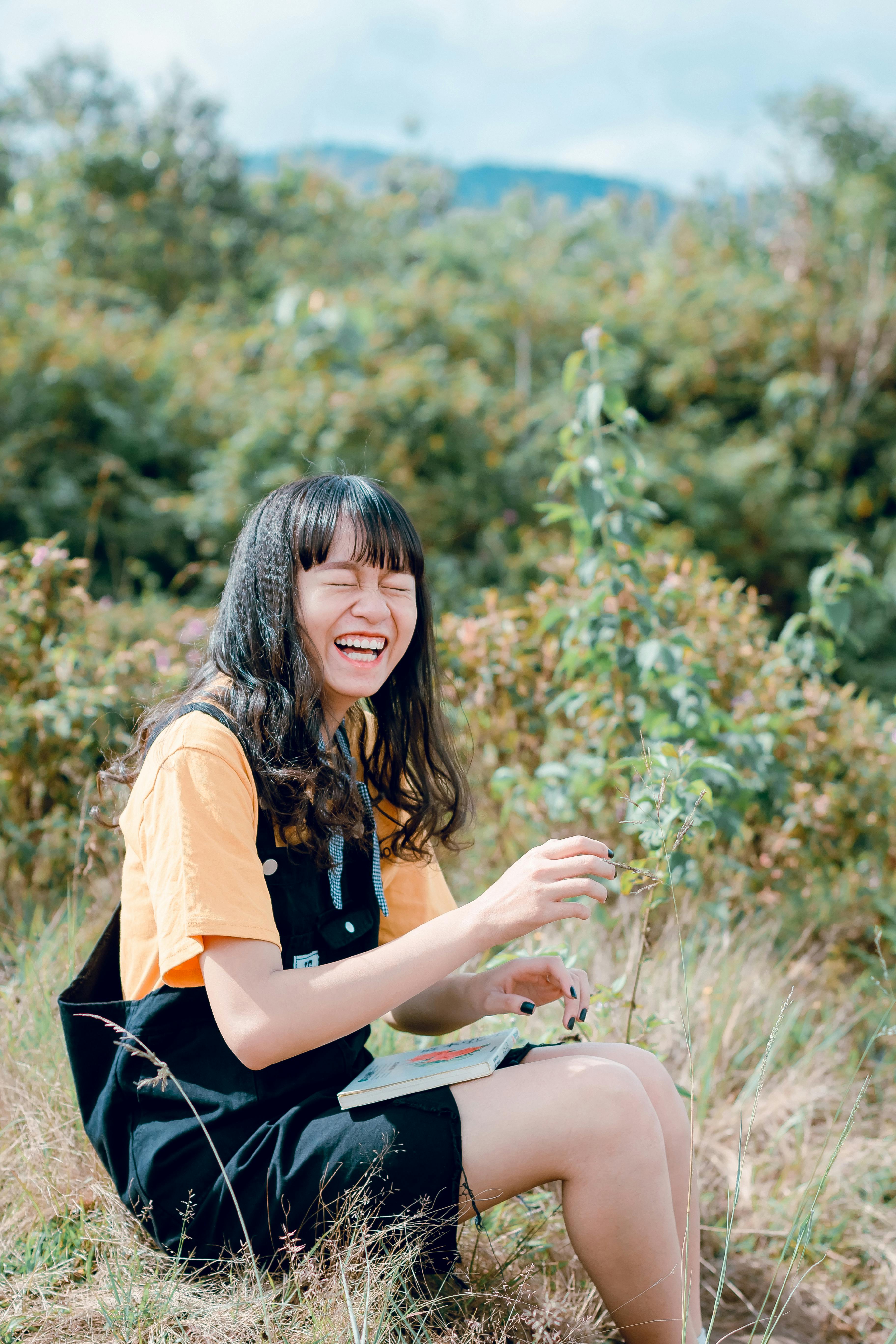
Have you ever had a friend who makes your heart feel lighter — someone with whom laughter comes easily, and your inner child feels safe to peek out?
These kinds of friendships are rare, but when they happen, they hold something magical. They remind us of the ease that can exist in connection — when we feel free to show up just as we are, without needing to perform, explain, or edit ourselves.
I’ve had a few friendships in my life that bring out that part of me — the playful, curious version that can laugh freely, be a little messy, and feel safe doing it. For me, this kind of connection feels like creative freedom. It’s the version of myself that doesn’t show up often enough but always feels like coming home when it does.
Recently, I was reminded of the power of this kind of friendship while on retreat in Italy. My dear friend, who also happens to be an incredible yoga teacher, was leading a week-long retreat. Being there, surrounded by creativity, nature, and genuine laughter, reminded me how important it is to make space for relationships that bring ease — the kind that feed our nervous system with calm and joy at the same time.

As children, friendships form effortlessly. We play, share, explore — connection happens through presence, not performance.
As adults, things shift. We have more responsibilities, less time, and fewer spaces that naturally invite friendship. Many people I work with describe feeling lonely even when surrounded by others. There’s often a longing — not just for social contact, but for real connection — the kind where you feel safe, seen, and accepted.
It’s not that we forget how to connect. It’s that the environments that once supported friendship have changed, and we now have to create them intentionally.
Every once in a while, we meet someone with whom connection feels natural. There’s no striving, no pressure to be “on.” You can be silly, thoughtful, quiet, or expressive — and it all feels okay.
These friendships allow for playfulness and vulnerability to coexist. You can let your guard down without losing your sense of self. They awaken the part of us that knows joy isn’t childish — it’s healing.
When I think of my friend who hosted that Italy retreat, I think of laughter echoing across the hillside, of conversations that drifted from depth to humour with no effort. These moments brought out a version of me that I’d missed — one that didn’t have to be the responsible therapist, or the business owner, or the caretaker — just Bethany, laughing under the Tuscan sun.

Friendships that feel easeful and genuine are more than nice to have — they’re essential to our emotional well-being.
In somatic therapy, we talk about how regulation happens in connection. A safe relationship — even one that simply makes you laugh — helps your nervous system settle. These moments of connection are the very opposite of stress; they’re medicine for the heart.
Friendships in adulthood take intention. But with gentle effort, they can deepen and grow in meaningful ways. A few ways to nurture connection:
Sometimes connection takes courage — the courage to reach out, to show up, or to say “I miss you.”
Many people come to therapy to work through loneliness, belonging, or relational patterns that keep connection feeling hard.
In therapy, we have the chance to explore what safety and authenticity in relationship feel like — to practice being vulnerable, setting boundaries, and allowing trust to grow at a sustainable pace.
As a somatic-based counsellor and art therapist, I often witness how relational patterns show up in the therapy space — and how, with curiosity and care, people can begin to experience more easeful, fulfilling relationships outside of it.
True friendship brings ease, laughter, and belonging. It helps us remember who we are beneath the busyness — the playful, wholehearted versions of ourselves that sometimes get buried under responsibility.
So I’ll leave you with this reflection: Who in your life brings you ease and joy? And how might you nurture that connection this season?
If you’re exploring themes of connection, belonging, or authenticity, counselling can be a space to rediscover the ease of true connection — both with yourself and with others.
Want to learn more about how therapy can support you in a grounded and meaningful way? Reach out to book a free consultation or explore the service pages to find a fit that feels right for you.
Disclaimer: This content is for educational purposes only and is not a substitute for professional therapy or medical advice.